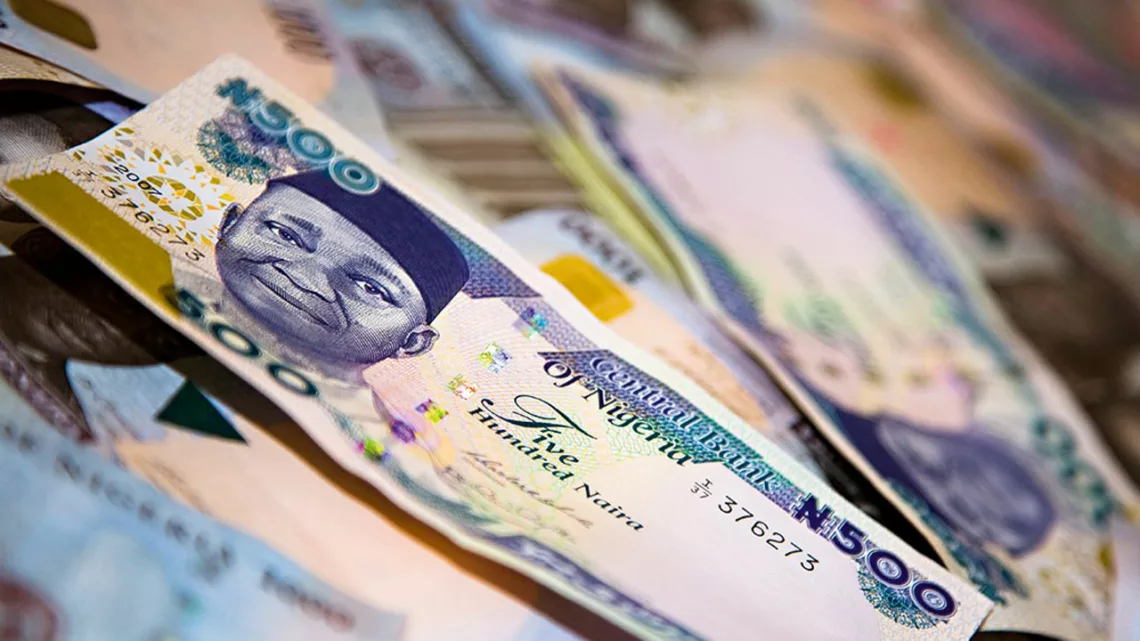The decision by the Central Bank of Nigeria (CBN) to float the naira on its Investors and Exporters (I&E) window marks a significant shift in Nigeria’s foreign exchange policy. This piece will explore the potential impact of this decision on Nigeria’s pursuit of a unified foreign exchange rate, while highlighting the obstacles that must be overcome. Additionally, it will analyse the short, medium, and long-term positive and negative consequences of this policy.
For years, Nigeria has struggled with multiple exchange rates, leading to distortions in the economy and creating arbitrage opportunities. The floating of the naira on the I&E window represents a step toward achieving a unified foreign exchange rate. By allowing market forces to determine the value of the currency, the CBN hopes to eliminate the divergence between the official and parallel market rates.
While floating the naira on the I&E window is a promising move, Nigeria must address several obstacles to achieve a unified foreign exchange rate:
Market Liquidity: Adequate liquidity is crucial for the success of a floating exchange rate regime. The CBN needs to ensure there are enough forex reserves to meet the demand and stabilise the market. Furthermore, improving investor confidence and attracting foreign direct investment (FDI) will bolster liquidity and facilitate the convergence of exchange rates.
Structural Reforms: Nigeria must address structural issues that have hindered its foreign exchange market. Enhancing transparency, reducing bureaucracy, and improving the ease of doing business will attract more participants and deepen the market. Additionally, diversifying the economy beyond oil dependence and promoting non-oil exports will strengthen foreign exchange earnings.
Fiscal Discipline: Nigeria’s fiscal policy must align with its foreign exchange objectives. Prudent fiscal management, including reducing budget deficits and implementing effective fiscal reforms, will help maintain exchange rate stability. Failure to achieve fiscal discipline can lead to excessive pressure on the exchange rate and undermine the goal of unification.
In the short term, the floatation of the naira may bring some challenges. Firstly, the initial volatility resulting from the transition may cause fluctuations in the exchange rate, potentially leading to increased import costs and inflationary pressures. However, this volatility is expected to diminish as the market adjusts and liquidity improves.
Secondly, businesses that relied on preferential exchange rates or took advantage of arbitrage opportunities may face disruptions. Industries heavily reliant on imports may experience temporary challenges as they adjust to the new exchange rate regime. However, this policy shift will encourage domestic production, promote import substitution, and stimulate local industries in the long run.
In the medium term, a unified foreign exchange rate can have several positive impacts. By eliminating multiple rates, it will enhance transparency, reduce rent-seeking behaviours, and improve the allocation of resources in the economy. The unified exchange rate will also promote confidence among investors and facilitate the inflow of foreign direct investment, which is crucial for sustainable economic growth.
Additionally, a unified exchange rate will encourage international trade by providing a more predictable and stable environment. It will simplify trade transactions, reduce the cost of doing business, and enhance competitiveness. This, in turn, can lead to increased exports, a diversified economy, and reduced reliance on oil revenue.
In the long term, a unified foreign exchange rate can pave the way for sustainable economic development in Nigeria. By aligning the exchange rate with market forces, the country can better manage external shocks and foster a more resilient economy. Moreover, a unified exchange rate regime will boost investor confidence, attract long-term foreign investment, and stimulate technological advancements and innovation.
However, achieving a truly unified exchange rate will require ongoing efforts. Nigeria must sustain its commitment to market-based reforms, address structural issues, and maintain fiscal discipline. Additionally, continuous monitoring of market dynamics and timely interventions by the CBN may be necessary to prevent excessive volatility or speculative activities.
On a final note, the floatation of the naira on the I&E window is a significant step toward achieving a unified foreign exchange rate in Nigeria. While there are obstacles to overcome, such as ensuring market liquidity, implementing structural reforms, and maintaining fiscal discipline, the long-term benefits outweigh the short-term challenges.
In the short term, some disruptions may occur, but the policy shift will promote domestic production, import substitution, and foster a more balanced economy. In the medium term, a unified exchange rate will enhance transparency, attract investment, and facilitate international trade. Finally, in the long term, a unified foreign exchange rate can lead to a more resilient and prosperous Nigeria, as the country aligns its exchange rate with market forces and sustains its commitment to market-based reforms.





